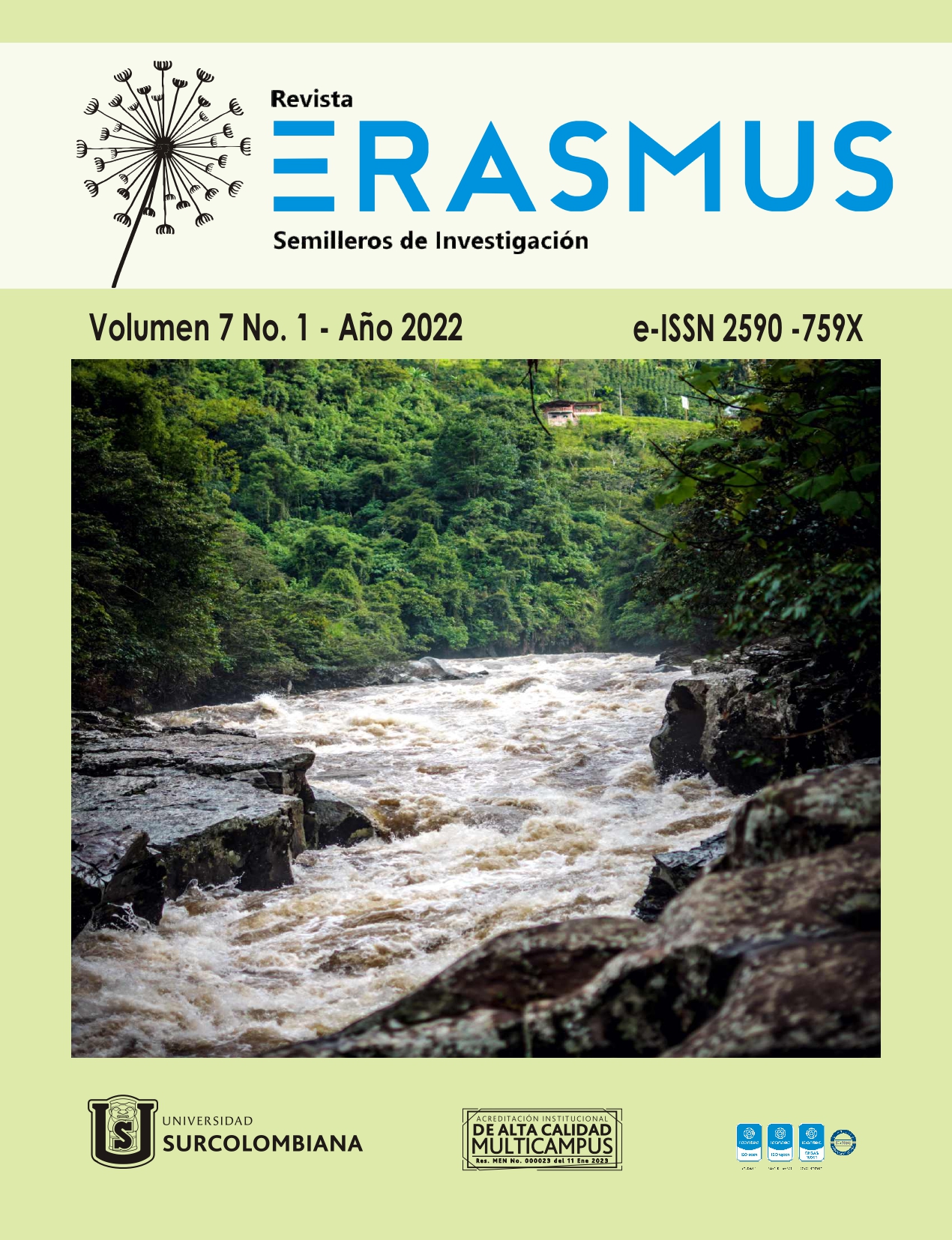Effects of drinking coffee as a stimulant drink
##plugins.themes.bootstrap3.article.main##
Coffee consumption over time has been associated with multiple effects on
theCoffee consumption has been associated with multiple positive effects on the
human body: increased short-term memory, stimulation of the central nervous system and benefits to intellectual functions. At the same time, however, it has been linked to degenerative conditions and diseases. In this respect, the aim of this article was to identify the effects of coffee consumption on the inhabitants of the city of Neiva. To this end, a quantitative, cross-sectional research study was carried out, with data collected from 138 respondents. The results show a prevalence between coffee consumption and variations in mood and behavioural situations. It also highlights a greater likelihood of post-drinking depressive symptoms in people who have an occasional intake of coffee. Finally, it is recommended that studies be carried out on the parameters of gender influence on the effects of coffee consumption.
Downloads
##plugins.themes.bootstrap3.article.details##
Alasmari, F. (2020). Caffeine induces neurobehavioral effects through modulating neurotransmitters. Saudi Pharm J, 28(4), 445-451. doi:10.1016/j.jsps.2020.02.005
Bonilla, M. J. (2017). Los beneficios del consumo de café. Revista Facultad Ciencias de la Salud, 19(2), 47-48. https://acortar.link/0BHh16
Grgic, J., Trexler, E. T., Lazinica, B. & Pedisic, Z. (2018). Effects of caffeine intake on muscle strength and power: a systematic review and meta-analysis. Journal of the International Society of Sports Nutrition volume, 15(11), 1-10. doi:https://doi.org/10.1186/s12970-018-0216-0
Moratalla, R. (2008). Neurobiología de las metilxantinas. Trastornos Adictivos, 10(3), 201-207. doi:10.1016/S1575-0973(08)76368-2
Ramírez, P. D. (2010). Café, cafeína vs. salud. Revisión de los efectos del consumo de café en la salud. Centro de Estudios en Salud, 1(12), 156-167. https://acortar.link/Y0tYaA
Rufín-Gómez, L. Á., Martínez-Morejón, A., Méndez-Martínez, J. y Vega-Socorro, M. N. (2021). El consumo de café: su asociación con el riesgo de padecer cáncer. Revista Médica Electrónica, 43(6), 1649-1659.
Sharma, H. (2020). A Detail Chemistry of Coffee and Its Analysis. En H. Sharma, Coffee. Bharatpur: IntechOpen. https://acortar.link/FNvMaP
Sherman, S. M., Buckley, T. P., Baena, E. & Ryan, L. (2016). Caffeine Enhances Memory Performance in Young Adults during Their Nonoptimal Time of Day. Frontiers in Psychology, 7(1764), 1-9. doi:https://doi.org/10.3389/fpsyg.2016.01764
Vargas, C. M., Quezada, C. J., García, B. R. y Carvajal, R. H. (2021). Análisis de mercado para el procesamiento y comercialización de café tostado y molido, Cantón Marcabelí. Revista Metropolitana de Ciencias Aplicadas, 4(2), 99-106. https://acortar.link/0rsP2z
Zhou, J., Chan, L. & Zhou, S. (2012). Trigonelline: a plant alkaloid with therapeutic potential for diabetes and central nervous system disease. Curr Med Chem, 19(21), 3523-3531. doi:10.2174/092986712801323171








